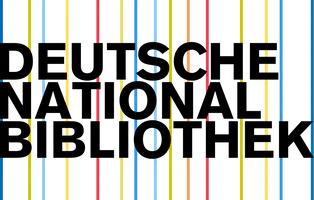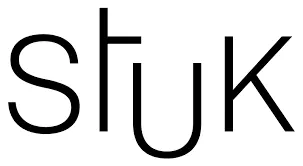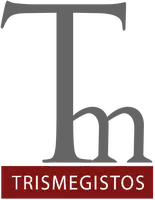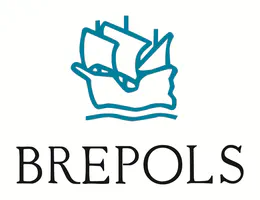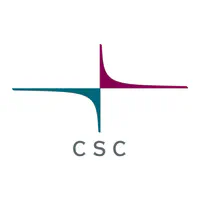The MECANO consortium counts five hosting universities and eight partner institutions.

The hosting universities each host two PhD candidates.
- PhD Project: Citations and quotations in the Naturalis Historia: creating the canon in the Encyclopaedia . PhD Candidate: Valeria Irene Boano .
- PhD Project: The philosophical canon and the art of (mis)quoting Plato and Aristotle in the Commentaria in Aristotelem Graeca . PhD Candidate: Timo Zarakovitis .
- PhD Project: The Presence of Classics in Early Modern Book History . PhD Candidate: Jonas Fischer .
- PhD Project: Ancient Sources on Matter in Late Medieval Commentaries on Aristotle . PhD Candidate: Nastas Jakšić .
- PhD Project: Detecting and Retrieving Lost Historians . PhD Candidate: Leonardo D’Addario .
- PhD Project: Contextual scientometrics – Uncovering and understanding referencing patterns to the ancient canon in modern scholarly discourses . PhD Candidate: Luisa Ripoll-Alberola .
- PhD Project: Recovering anonymous late-antique preachers in the corpus of pseudo-Augustinian sermons . PhD Candidate: Kendall Bitner .
- PhD Project: A democratic turn? Uncovering and understanding referencing patterns to Greco-Roman canonicity in 20th-Century Public Discourse . PhD Candidate: Marin-Marie Le Bris .
- PhD Project: Pulse and Physiology in Hellenistic Science . PhD Candidate: Gabriele Torcoletti .
- PhD Project: Syntax, formulaic structures, and canon-marking in Greek and Arabic: documentary texts and Galen . PhD Candidate: Doaa Elalfy .
The partner institutions play an important role in the network by contributing to the training of doctoral students, hosting secondments, and supporting the outreach and visibility aspects of the project. We are glad to have on board two publishing houses (Brepols and Brill), two cultural organisations (STUK and Valkhof Museum), two research infrastructures (Thesaurus Linguae Latinae and Trismegistos+), a national library (Deutsche Nationalbibliothek) and a non-profit state IT company (CSC).
MECANO partner institutions are:
- Brepols Publishers | Turnhout, Belgium
- Brill Publishers | Leiden, Netherlands
- CSC: IT Center for Science in Finland | Finland
- Deutsche Nationalbibliothek | Leipzig/Frankfurt, Germany
- STUK: House for Dance, Image and Sound | Leuven, Belgium
- Thesaurus Linguae Latinae (Bayerische Akademie der Wissenschaften) | Munich, Germany
- Trismegistos+ (KU Leuven Core Facility) | Leuven, Belgium
- Valkhof Museum | Nijmegen, Netherlands


